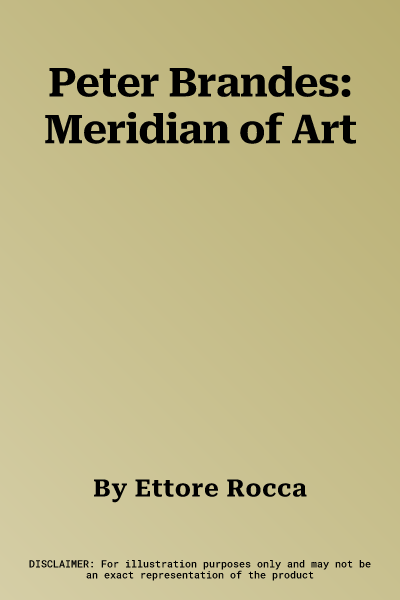Peter Brandes is one of the most significant Danish visual artists alive
today. He is represented in the collections of leading museums
worldwide, including the Louvre, and is featured in the most important
Danish museums. Peter Brandes' monumental sculptures and jars can be
seen throughout Denmark, and he has decorated a number of Danish
churches along with churches in Norway and the United States. In
Jerusalem, Brandes' Isaac Vase, approximately five meters tall, stands
at the Holocaust museum Yad Vashem. Peter Brandes' oeuvre is gigantic.
It spans more than fifty years, and includes such varied forms of
artistic expression as painting, sculpture, drawing, graphic art,
ceramics, and not least photography and stained glass, for which he has
developed new techniques. Dialogue with tradition-particularly the
Jewish, Greek, and Christian traditions-runs throughout his work,
marking Brandes as one of Denmark's foremost practitioners of cultural
migration. Peter Brandes: Meridian of Art is the first monograph on
the art of Peter Brandes. The book pursues a series of central themes
that cut across Brandes' artistic production, connecting and traversing
these with lines that the book's author, Ettore Rocca, calls the
"meridian of art." The expression "meridian" is borrowed from the German
poet Paul Celan, the author with whom Brandes has felt the greatest
kinship throughout his career. For Celan, a meridian designates the
indestructible, invisible line in a poetic conversation.
Correspondingly, in the cultural migration that weaves throughout
Brandes' art, Rocca finds a meridian that at once appears impossible and
indestructible.

